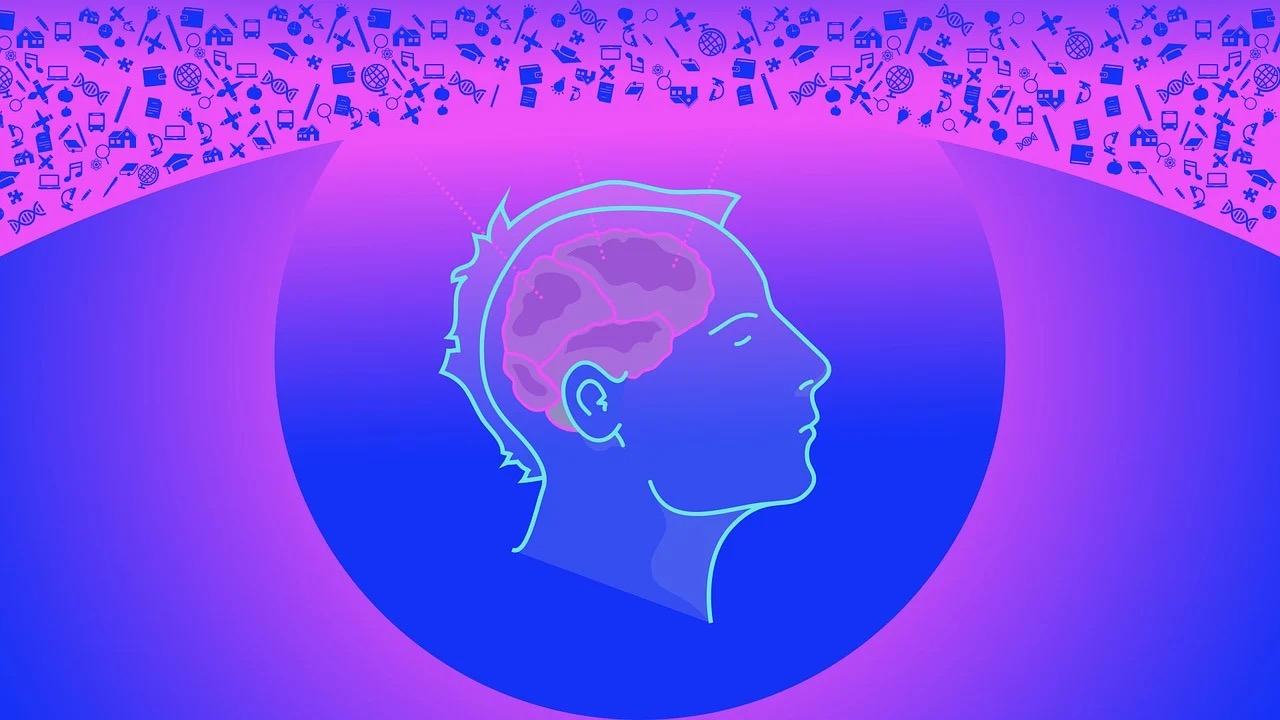
I always think that we have a very cliché image of anxiety, depression, trauma etc.
We are used to the image presented on television, whilst the reality of it is much more subtle. I think a lot of people are anxious a lot of time during their day and have absolutely no clue about it, instead they think they are just being analytical or super-optimizers (I often notice anxiety which I didn’t notice cognitively in my breathing).
Same with trauma, you don’t have to be raped to be traumatised by events in your life that distort the lens on which you view the here and now. I always think our mind is a conditioned optimization machine based on past events. The sad thing though is that this neural wiring has been reinforced so many times, so even with awareness it is so easy to fall back to the same functioning. It’s better therefore not to try to change the function, but what you are optimizing for (so the output, e.g. focusing on the wellness of others and less on your own).
This self-protective machine has less schemes for this new output, and this can allow for more compassionate less neurotic living I guess. We often try to change the input of the function, e.g. go travel, do new stuff, etc. However that’s basically distracting yourself, often addiction-like, from your neurotic mind. The moment you loose new input the same machine starts to ramble again.
On a side-note, it feels ironic to try to change our mental algorithm, because then again you are optimizing for something, using the same algorithm you are trying to change.
I think therefore it is important to really define very clearly what seems a reasonable request from the volatile future (including discomfort/pain). When I do this I feel some kind of resistance to it, like some despair inside me that sees this less neurotic less self-centered optimization machine as a threat.
Therefore, I think it is important to have some basic hope/confidence that everything will be ok, although not perfect, into the future, when letting go of past cravings and aversions.
From my experience seeing cravings/aversions as something bad is the wrong view. It is important, not necessarily to understand deeply where they come from, but to trust in the innate good intentions represented in them.
To have some compassion of how they came into being. And to see they might not be that important anymore, that most probably they’re quite unreasonable, and that the process of getting there will not get the goodness you wish for yourself and the world.
It makes me wonder how it would be if one could completely let go of wanting a certain output, cognitively at least. I think this requires a great sense of intuition, an automaticity of operating towards an output that just "feels" good and natural. For me this seems hard, because my brain likes to stop at every little step it can. But maybe this can grow after gaining confidence in the cognitive (non-automatic with multiple analytical steps) approach towards shifting the brain's focus.
Anyway these are just ramblings of my own minds, I would not take it very seriously.